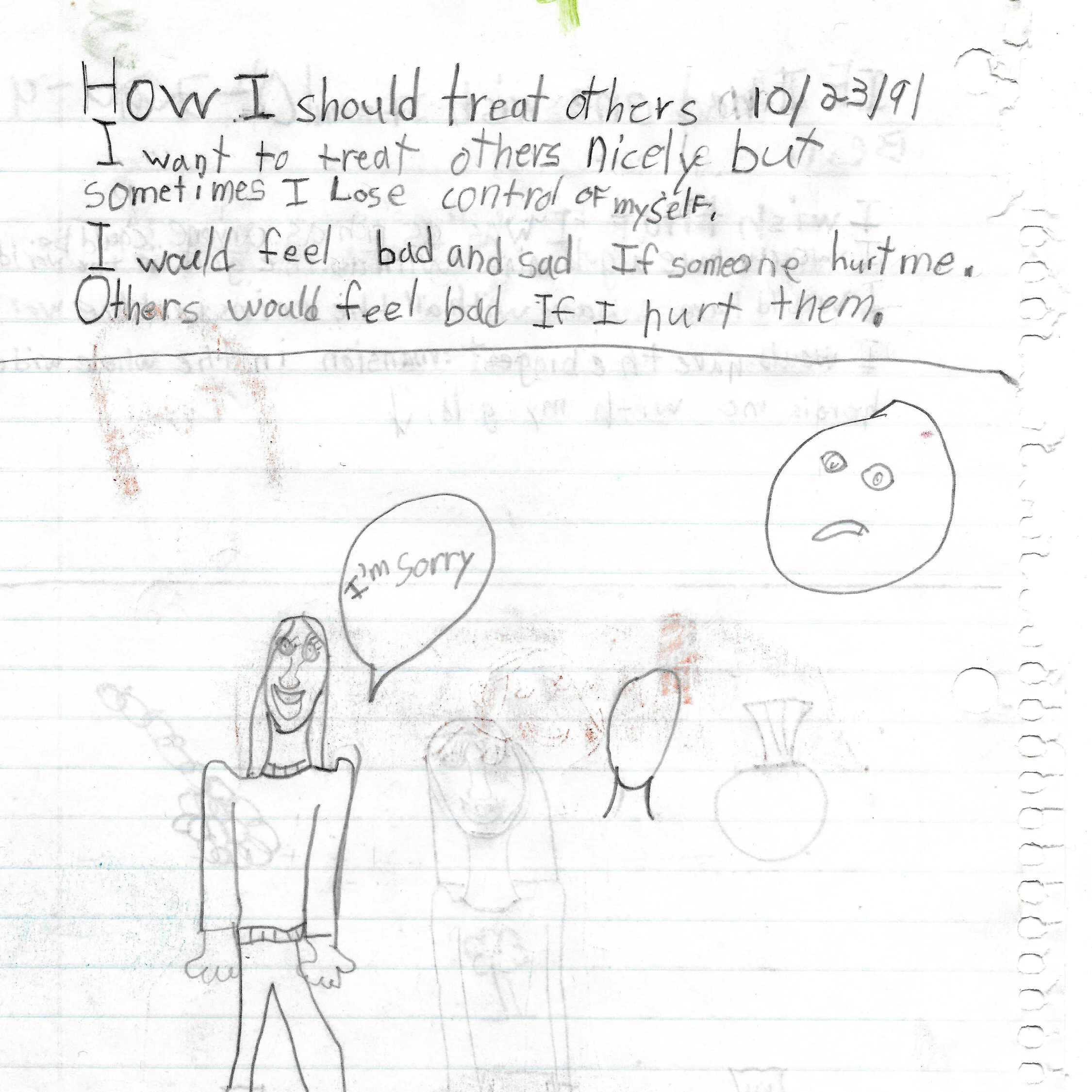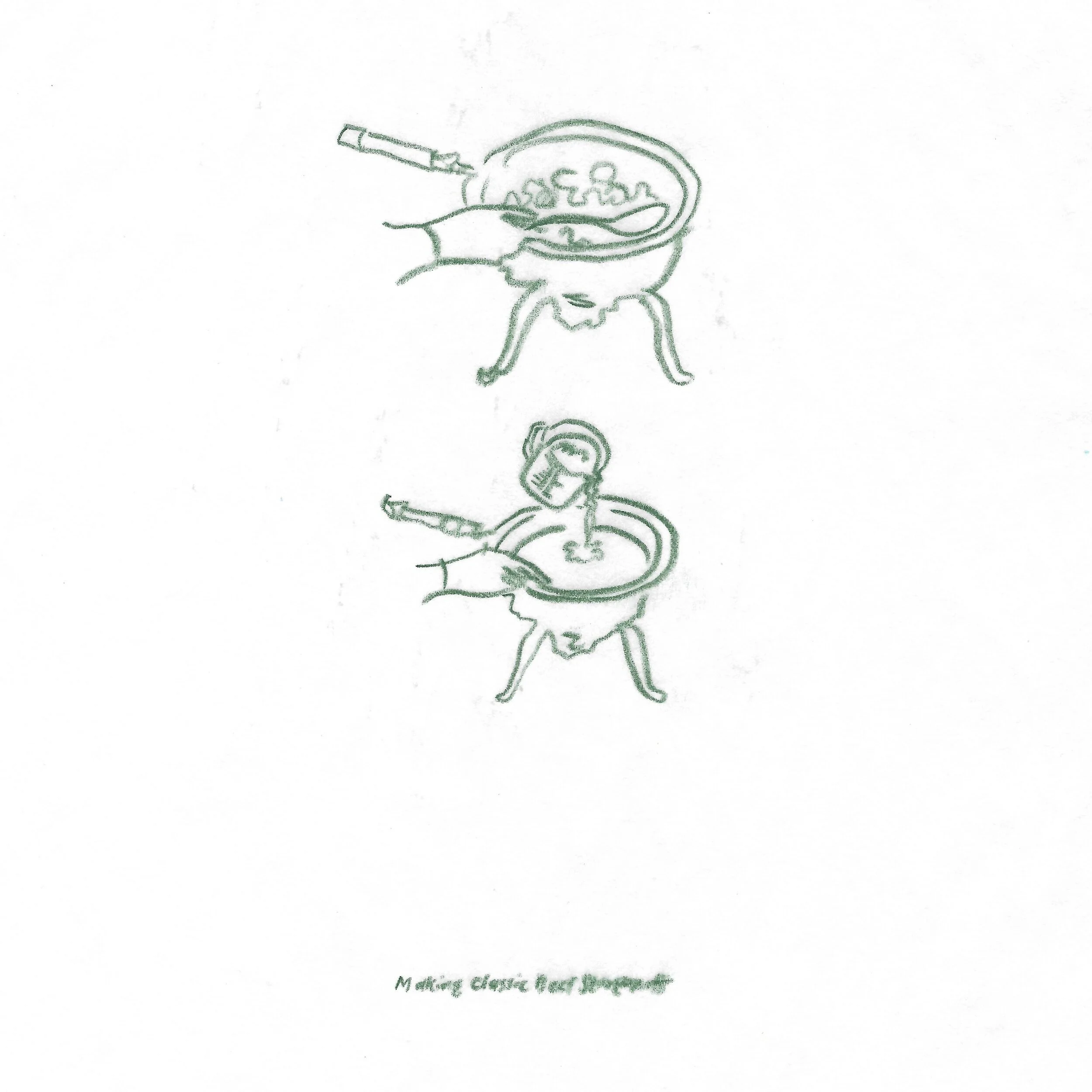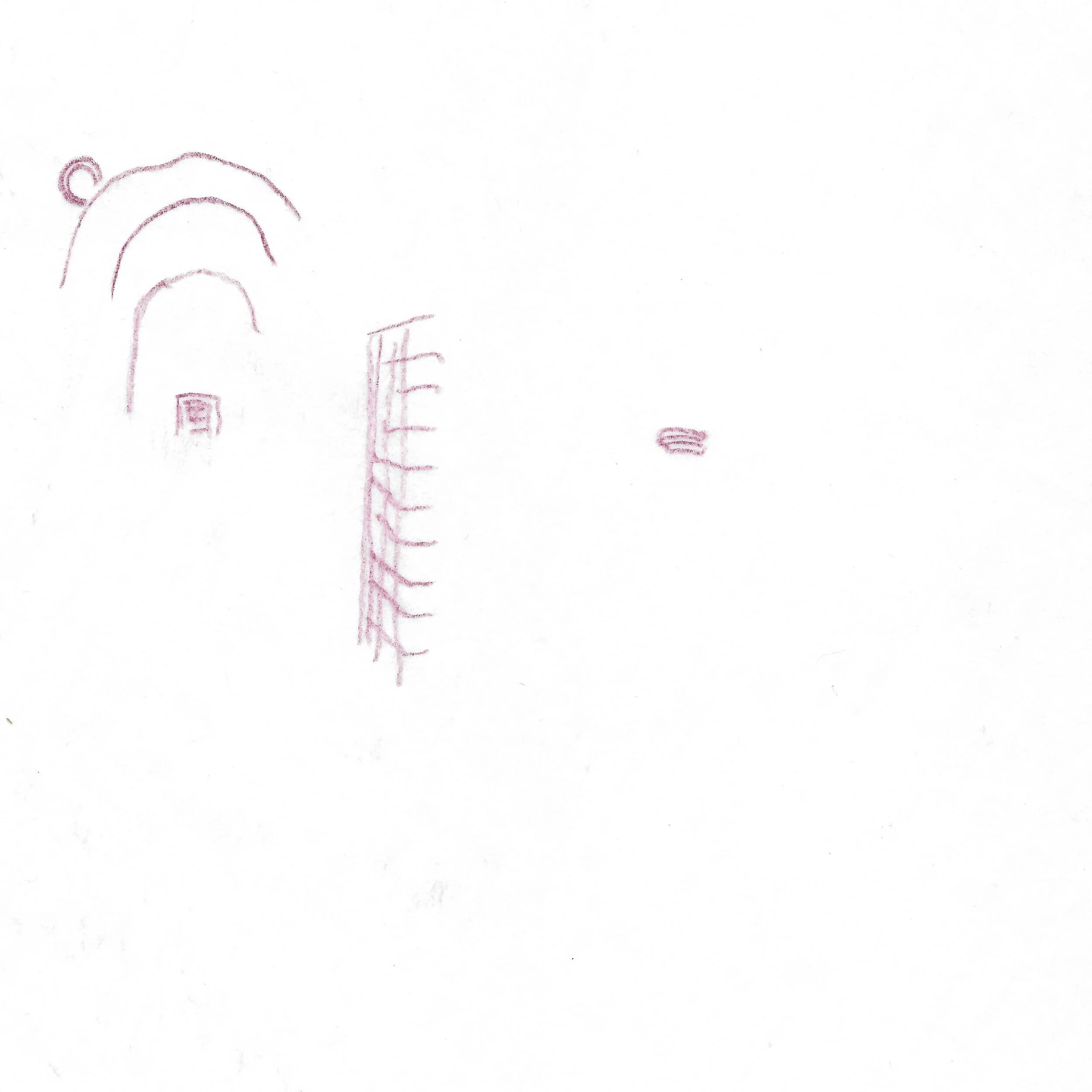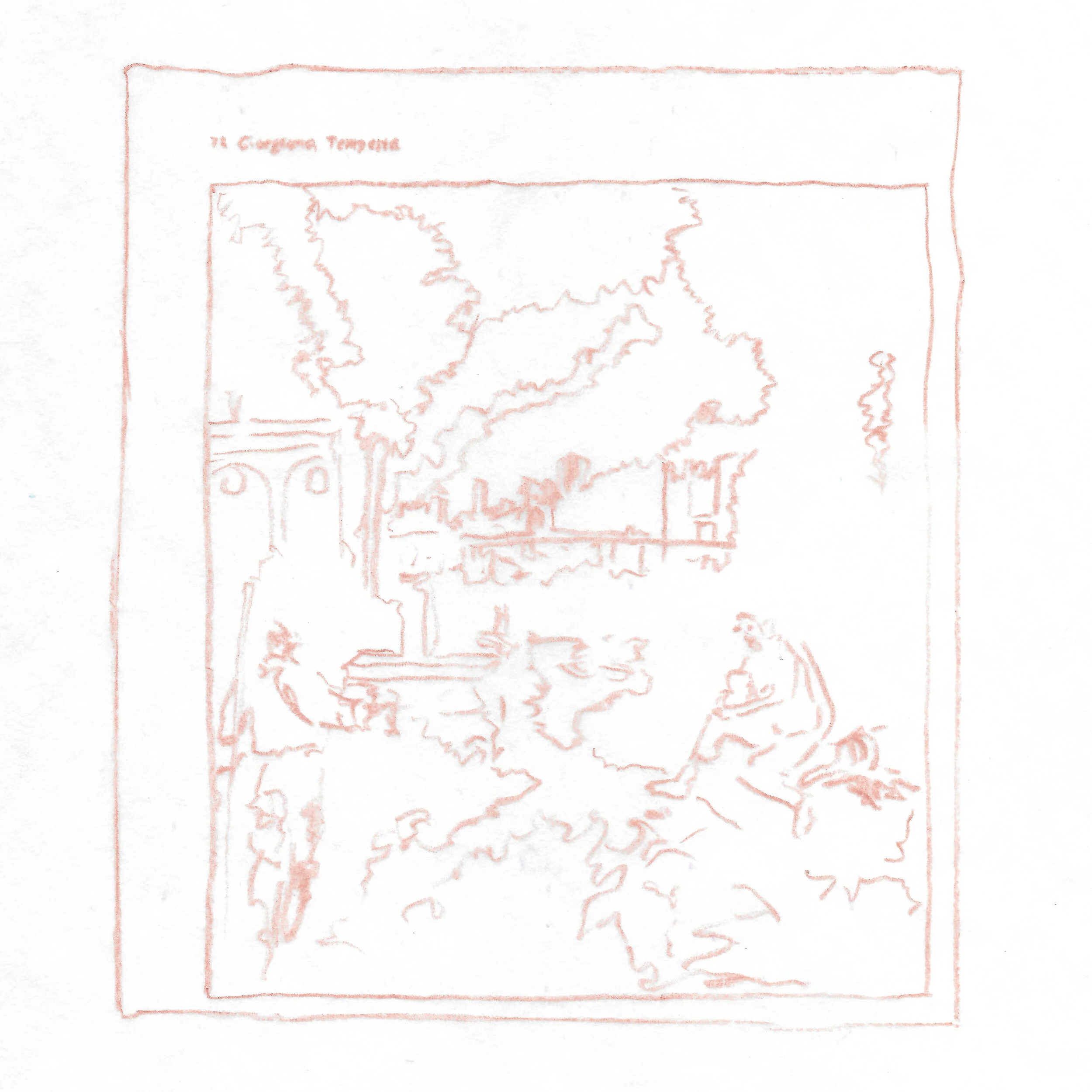( p a r e n t h e s e s )
BRD
&
Hannah Kim Varamini
May 8 - July 31, 2021 / ArtCenter DTLA












Photo credits: Juan Posada / ArtCenter College of Design
After eighteen months of supporting other artists through the Love’s Remedies initiative, BRD (Bridget Rosalia Driessen) and Hannah Kim Varamini depart from their subordinate roles and present ( p a r e n t h e s e s), a closing exhibition featuring works of their own: BRD with a site-specific intervention in the main gallery, and Varamini in the windows. Harnessing the conceptual and physical space of ArtCenter DTLA, each artist uses their parenthetical and subjective position as a point of departure for a final gesture.
Windows
Left Window: Hannah Kim Varamini, Atoll (Idiorrhythmic), abaca, kozo, bull kelp, kombu fibers, single-channel sound, 2019-2020
Special thanks to the Mooney Lab,
Woods Hole Oceanographic Institution
Right Window: Hannah Kim Varamini, Three Mountains, 2021, ink on washi paper
Varamini presents two projects that utilize paper as indexical imprint and spatial environment. In the right window, a large-scale ink painting on washi paper titled Three Mountains depicts three culturally significant, mythological mountains in North Korea, accessed via Google Earth: Mount Paektu, Mount Myohyang, and Mount Kumgang. In the left window, the project Atoll (Idiorrhythmic) arranges hundreds of cast paper objects of stones, twigs, tacks, and other tools. These skins or shadows of domestic and organic marginalia take the shape of labyrinthine forms that one would happen upon. The objects invoke a type of space which Roland Barthes described as idiorrhythmic – a negotiation of solitude and contact with others. From the installation emanates the sound of snapping shrimp, whose increasing volume in our oceans warn of warming oceans. These incidental artifacts of nature and culture become witness to shifting ecologies and the interconnectedness of all things.
Main gallery
Capriccio
Eight painted columns: interior latex paint, matte
Five columns with inset painted frames: interior latex paint, matte
38 painted column capitals: interior latex paint, gloss
38 small images nested in the column capitals: 27 7 x7 in. UV ink prints on aluminum; six 7 x7 in. chalk pastel drawings on tracing paper; three 10x10 in. paintings on wood panel; two 7 x7 in. mixed-media assemblages
In the main gallery, BRD’s work, Capriccio, is partially-visible as you peek above the walls and walk past the facade. Capriccio is a simultaneously empty and overflowing field; using the the interior surfaces of columns and walls as painting surface in combination with a series of tiny frames atop those columns to nest images that are barely legible. A rotating trompe l’oeil color scheme adorns the central columns, while their (and other) column capitals are painted black, red, and green in a layout linked to American-style roulette. The images are similarly arranged according to this game of chance, and their numbers are linked to The Thirty-Six Dramatic Situations, a descriptive list written by Georges Polti in 1895, and subsequently used by a variety of writers and storytellers in order to structure narrative. The images themselves, however, are not aligned with the titles except by random selection.
Image content is comprised of personal iconography and archival material spanning text, photograph, drawing and painting. Elements include an enigmatic constellation of animals fighting, children’s drawings, floorplans and schematics, riddles, recursive references to other Love’s Remedies artists and projects, playful nods to artists both contemporary and historical, and, finally, the choice of BRD’s artistic work operating as ground in the figure-ground relationship both between her and Varamini within the physical site, as well as within the project of Love’s Remedies itself.








































